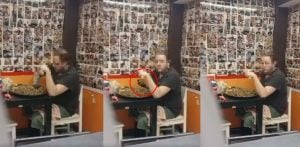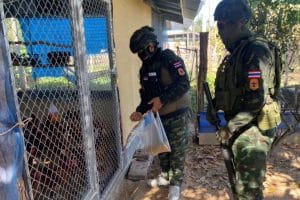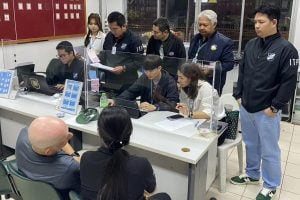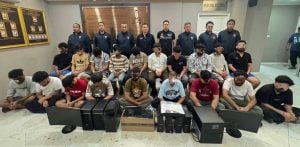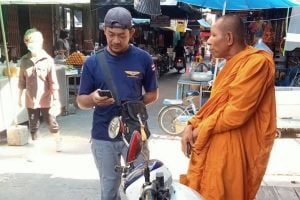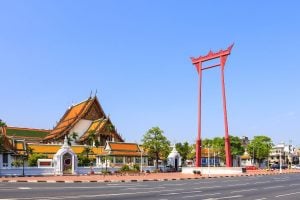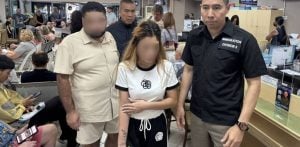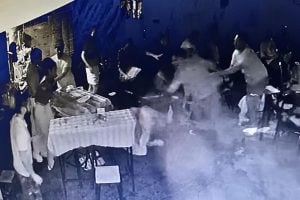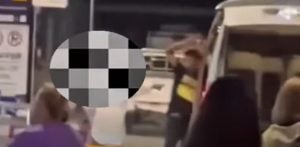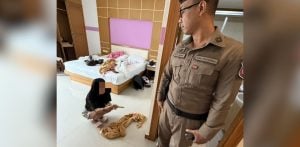Judge hears case to reveal Prince Harry’s US immigration records
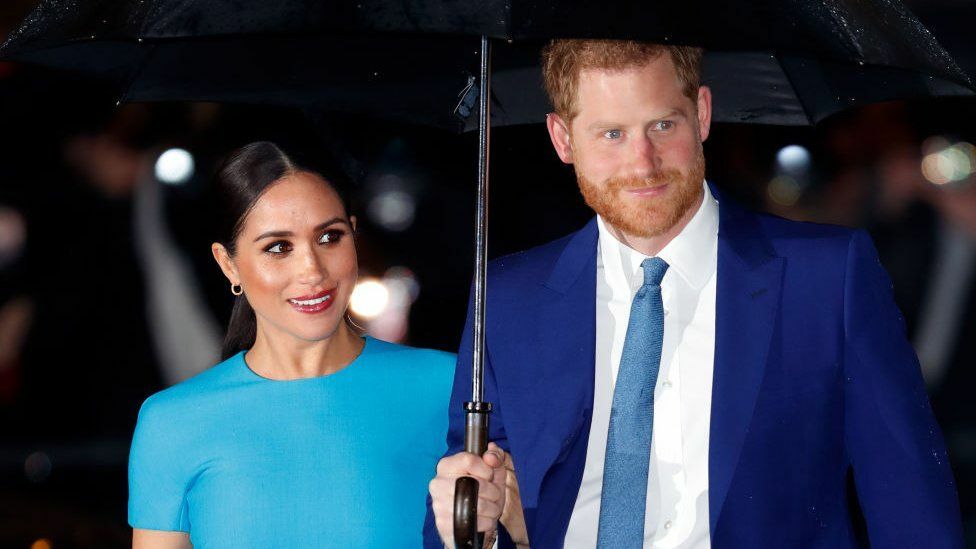
A federal judge in Washington DC has started hearing arguments in a lawsuit that aims to make the Duke of Sussex’s US immigration records public. The conservative Heritage Foundation has filed the lawsuit, seeking to force the government to reveal the records to determine whether Prince Harry, 38, disclosed his past drug use. The outcome of the case may take several weeks. The prince has openly admitted to using cocaine, marijuana, and psychedelic mushrooms in the past.
US visa application forms specifically inquire about current and past drug use, which can lead to the rejection of non-immigrant and immigrant visa applications. However, immigration officers have the discretion to make the final decision based on various factors. It is uncertain which visa Prince Harry used to enter the US, while his wife, Meghan Markle, is a US citizen. The couple has resided in California since 2020.
The Heritage Foundation’s lawsuit is centred on Prince Harry’s admission in his memoir, Spare, that he used drugs repeatedly as a teenager in the UK and as an adult. The foundation argues that the widespread coverage of the duke’s admitted drug use raises questions about whether the government properly followed immigration law when admitting him into the US and if he received preferential treatment. In theory, current or past drug use could make an individual inadmissible to the US.
During a court hearing on Tuesday, Heritage Foundation lawyer Samuel Dewey stated that the case concerned the Department of Homeland Security (DHS)’s “compliance with the law”. Judge Carl Nichols must first determine whether the DHS headquarters should expedite the process of locating relevant documents. Several DHS components, including Customs and Border Patrol, have denied the foundation’s request to disclose the documents, citing privacy concerns.
Judge Nichols instructed DHS to decide by June 13 whether to release the documents or expedite a Freedom of Information Act request. If the request is rejected, he will hear arguments in court to determine if it is in the public interest to make the immigration documents, or parts of them, available. “We’re not at that stage yet,” Judge Nichols said.
DHS has argued that there is no need for the rapid release of Prince Harry’s documents and that there is no indication of “widespread” public interest in viewing the immigration documents. In the case, DHS lawyer John Bardo stated that the Heritage case was based on a “bunch of articles” in the British press that “simply speculate” about Prince Harry’s visa status and do not call the government’s integrity into question. He added that a person’s visa status is confidential and the issue of the duke’s visa is only of interest to “certain social circles” in the US, largely ignored by mainstream US media outlets.
Nile Gardiner, a former aide to Margaret Thatcher and a foreign policy analyst at the Heritage Foundation, told BBC News last week that the foundation believes the case is “symbolically important”. “If Prince Harry was treated differently than anyone else applying, I think it would undermine confidence in the US immigration system and how it is enforced,” he said. “It’s important that US officials are seen to be applying the law robustly, effectively and fairly,” Gardiner added. “Otherwise the system doesn’t work at all.”
Court documents filed by the Heritage Foundation cite several examples of British celebrities being denied entry or returned to the UK. For instance, in 2010, musician Pete Doherty was refused entry at a New York airport and sent back to the UK, despite having a visa. Doherty has multiple prior drug convictions. In 2014, celebrity chef Nigella Lawson was prevented from boarding a flight from the UK to Los Angeles after admitting to using cocaine “two times in my life” during an unrelated court case. Lawson was eventually granted a visa.
This US case is separate from an ongoing civil case in the UK where Harry has sued Mirror Group Newspapers over allegations of phone hacking.
Latest Thailand News
Follow The Thaiger on Google News:







